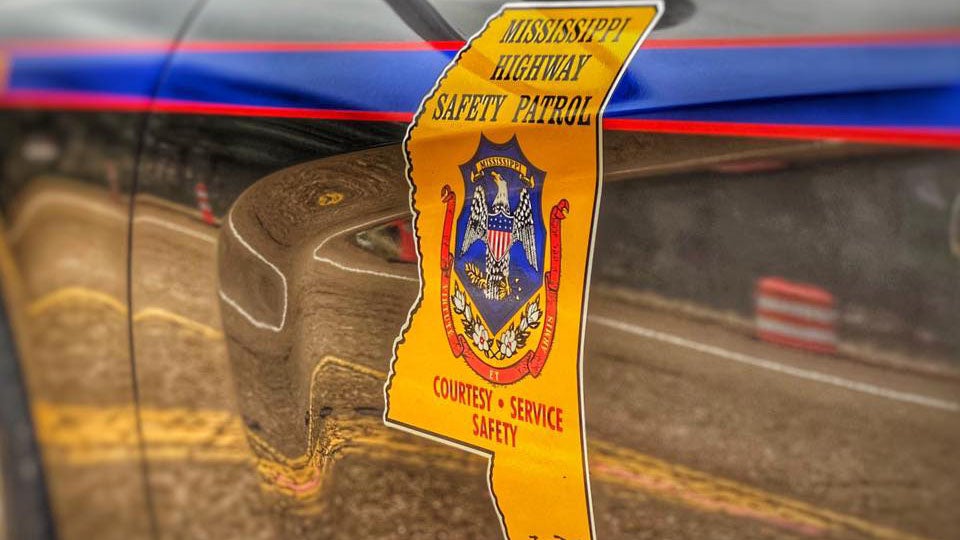Paper ballots again present counting delay
Published 7:00 pm Thursday, November 10, 2011
Casting votes on election day went smoothlyTuesday in Lincoln County, but counting those votes on electionnight brought some troubles.
Election officials had tabulated votes cast on Nov. 8 byapproximately 11 p.m. Tuesday. However, absentee ballots were nottallied and included in vote totals until approximately 3 a.m.Wednesday.
“It was a shock to us,” said James Tillman, District One electioncommissioner. “We were supposed to be out by 11 (p.m.).”
According to complete but unofficial election reports, 12,644ballots were cast in the Nov. 8 general election, a little below 50percent of the county’s 25,023 registered voters. Of those votes,940 were absentee ballots, said Lincoln County Circuit Clerk TerryLynn Watkins.
Most of those absentee ballots could not be read by a machine usedto scan paper ballots.
“There was something about the paper that those absentee ballotswere printed on, the machine wouldn’t read them,” Tillman said.
Tillman estimated only about 20 percent of the absentee ballotswere readable by the scanner.
Tuesday night’s problems stemmed from a decision by MississippiSecretary of State Delbert Hosemann on Oct. 19 to order absenteeballots reprinted, because fiscal information about the threeconstitutional amendments had been omitted from the ballotsHosemann’s office originally compiled.
The reprinted ballots were the ones that would not scan Tuesdaynight.
“I don’t know if they were a different weight, but the color waslighter,” said Watkins of the reprinted absentee ballots.
Lawrence Printing provided both the original and the reprintedballots, Watkins said.
Ballots that could not be read by the machine had to be duplicatedby hand to new, scannable ballots under the direction of theelection commissioners.
“It was done correctly,” Tillman said of the process. “But havingto transfer those ballots was time-consuming.”
Absentee ballots are scanned so that they can be recorded inelectronic form and combined with the data from the electronicvoting machines in use on election day.
Watkins said she supports early voting as a means to address therecurrent problems with paper ballots. Hosemann also voiced supportfor early voting in a September meeting with The DAILY LEADEReditorial board.
Under early voting, absentee voting would be partially replaced bysetting up electronic voting machines at the circuit clerk’soffice, which would function like a precinct. Voters wishing tocast an absentee ballot because they will be away from the countyon election day would be required to go to the circuit clerk’soffice and vote on the machines.
Under the system Hosemann supports, those absentee voting becauseof disability or similar reasons would still be allowed to absenteevote.
This would greatly benefit the election night process by reducingthe number of paper ballots, Watkins said.
In 2009, the Mississippi House of Representatives passed a billthat would have required voter identification and enacted earlyvoting, but it died in the Senate. The Republican leadershipobjected to late registration allowed under the bill and citedpotential problems with monitoring early voting.
Beginning with the August primaries, paper ballots have plaguedelection officials throughout this year.
Poll workers temporarily lacked the necessary equipment to operatethe electronic machines in the Aug. 2 primary, resulting in largequantities of paper ballots. After scanning paper ballots,uploading the electronic data failed due to a malfunction with thescanner.
That night, party leaders suspended the counting process at about 5a.m. Wednesday and returned at 10 a.m. that day.
Paper ballot-related issues also delayed vote counting in the Aug.23 primary until the early morning hours of the next day.




